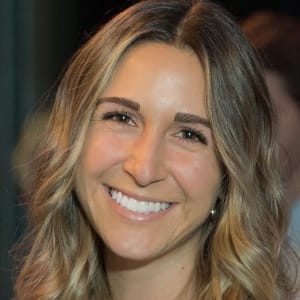
Gabriella B Ciancimino
 Gabriella B Ciancimino |
Gabriella B Ciancimino1, Pratyusha Mutyala1, Lizzie McDonald2
Joan I Gluch1, Zvi D. Gellis2, Laura Boyd3
1Division of Community Oral Health, Preventive & Restorative Sciences, niversity of Pennsylvania School of Dental Medicine; 2University of Pennsylvania School of Social Policy and Practice, HMS School
Description
HMS School educates, nurtures, and cares for children and young adults with complex physical disabilities resulting from cerebral palsy, traumatic brain injury or other neurological impairments, with the goal of enabling each to reach his or her maximum potential. They promote independence and improve the quality of life for youth in a safe and secure environment so each can lead a fulfilling, stimulating life now and as an adult.
Project Overview
BTG CHIP’s focus on prevention is two-fold, giving students skills and resources to use during the program and into their professional careers, while offering under-resourced and underserved populations access to resources and information to attain healthy lifestyles. I was looking to gain a new perspective on individuals with Cerebral Palsy. With a desire to provide care to patients with intellectual and/or developmental disabilities in the future, I wanted to learn more about how to effectively and sensitively communicate, educate, and befriend the students at HMS. This meant shedding biases and stepping out of my comfort zone so I could soak in every bit of knowledge and reimagine what it takes to navigate life with Cerebral Palsy.
Outcome
The HMS students’ disabilities are their norm, and they feel empowered and prideful to be successfully navigating life with a neurological condition. I think that’s a very advantageous way to see others living with various disabilities or even those living with difficult circumstances. To the disability community, this is their normal. it’s not up to us to decide that their life is any less valuable. We are of the most help and can be the supportive friends to them by understanding their needs and empowering them to reach their goals. In essence, we can be our best versions as healthcare providers if we continually wonder – wonder about a community’s barriers to care, their particular needs and values, and how their life is impacted by their situation. As long as we constantly wonder, we will always grow in our perspectives and understanding of other’s struggles and needs.